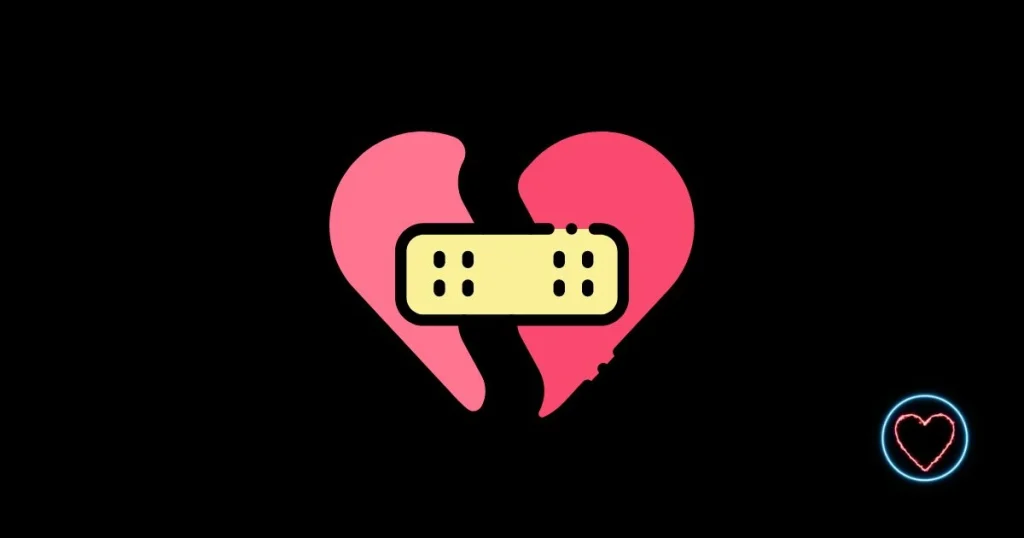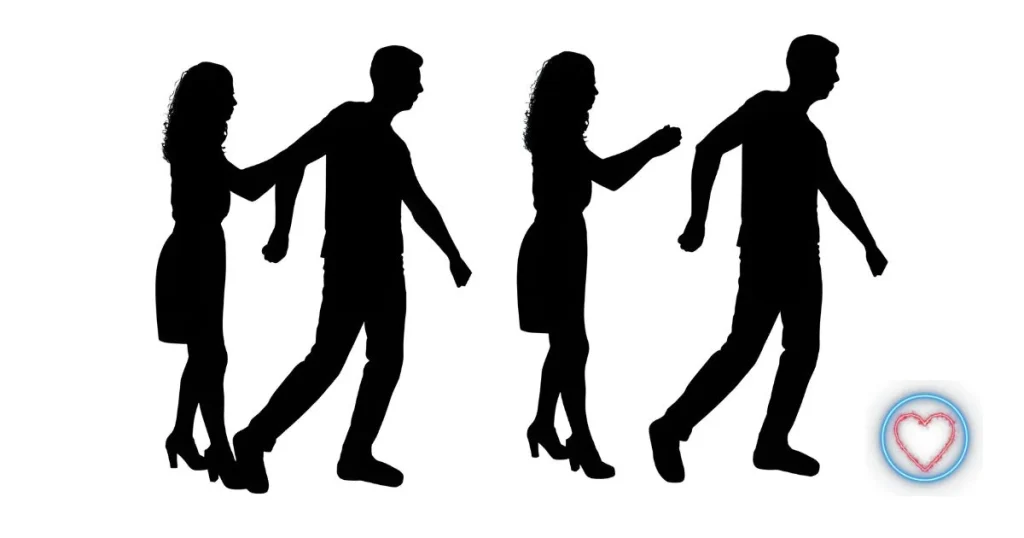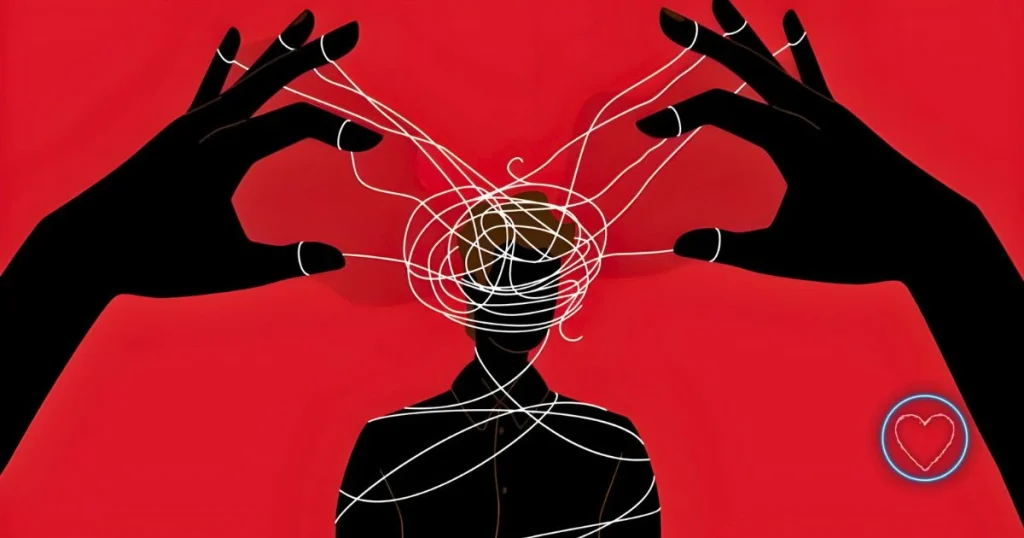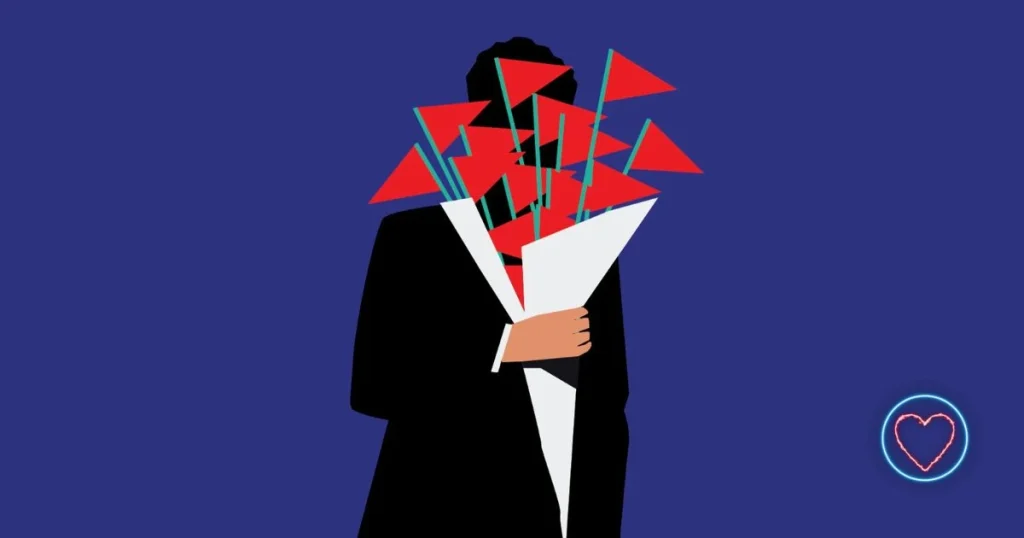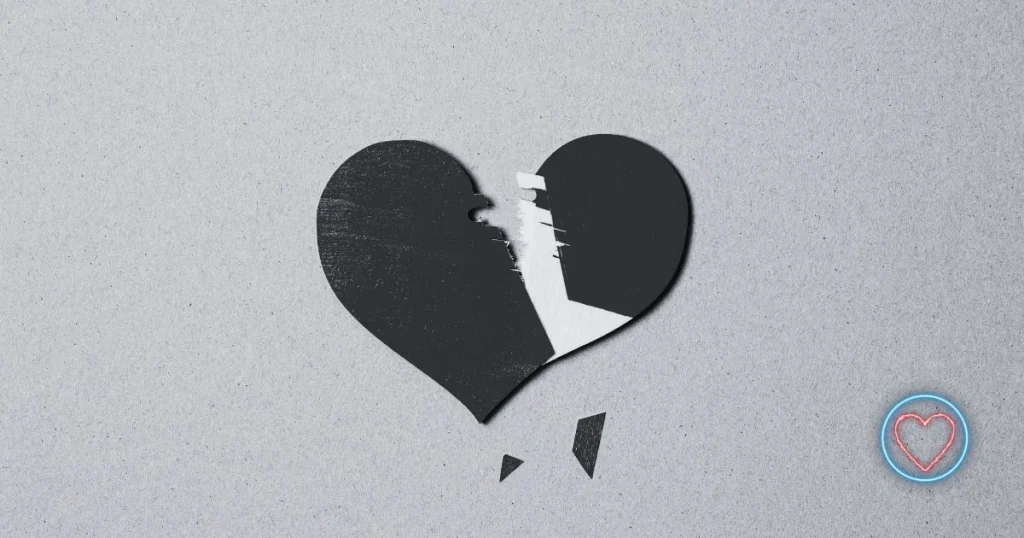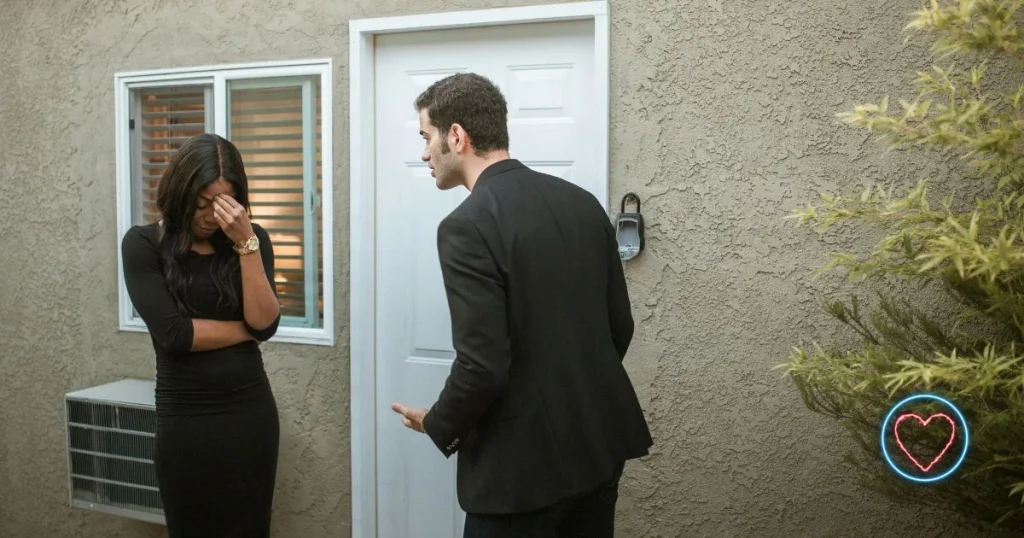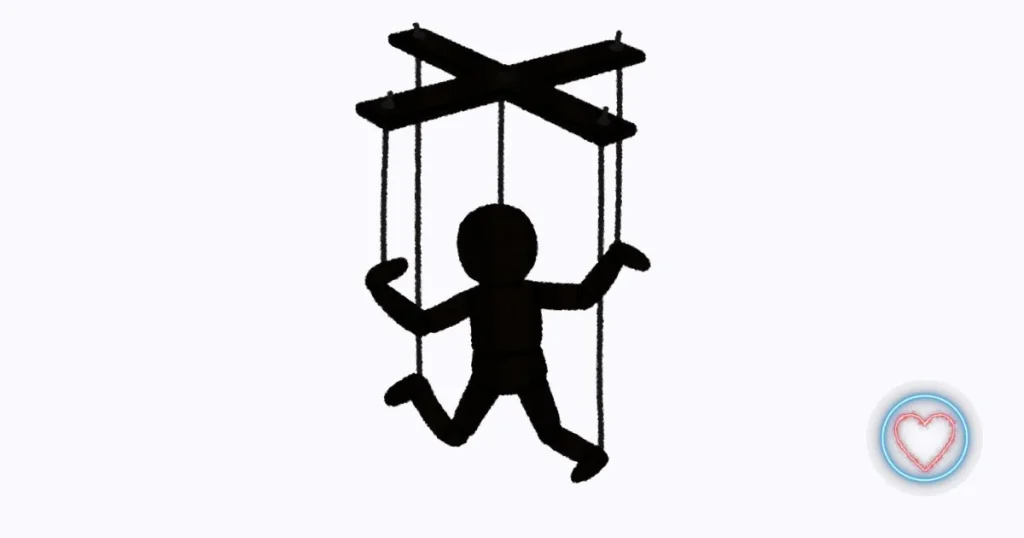In healthy relationships—romantic, platonic, or familial—communication is built on mutual respect and understanding. But sometimes, what feels like love or concern may actually be manipulation in disguise. One of the most common (and subtle) forms of emotional manipulation is guilt-tripping.
Guilt-tripping occurs when someone uses guilt to control your behavior, often without overt aggression. It’s designed to make you feel responsible for their emotions, even when you’ve done nothing wrong. And over time, this emotional weight can damage your self-esteem, autonomy, and mental well-being.
So, how do you know if you’re being guilt-tripped rather than genuinely respected? Here are 15 revealing signs.
1. They Make You Feel Bad for Setting Boundaries
When you try to protect your time, space, or emotions, a respectful person will understand. But someone who guilt-trips you will react with disappointment, sadness, or even anger. They’ll say things like, “I guess I don’t matter,” or “I thought you cared about me,” when you’re simply trying to take care of yourself.
Why it matters:
Guilt-tripping punishes you for being emotionally healthy. Boundaries aren’t betrayal—they’re self-respect.
2. They Frequently Use the Phrase, “After All I’ve Done for You”
This classic guilt-trip line is often used to manipulate you into compliance. Whether it’s a parent, partner, or friend, someone who constantly reminds you of what they’ve done for you is using past actions as leverage.
Why it matters:
Love and support should never come with a price tag. Real generosity doesn’t demand payback.
3. You Always Feel Like the Bad Guy
In disagreements, do you constantly find yourself apologizing—even when you haven’t done anything wrong? If so, you might be in a guilt-driven dynamic. Guilt-trippers twist conversations to make you feel at fault, even if they were the ones who crossed a line.
Why it matters:
Respectful people take accountability, not just apologies.
4. They Weaponize Their Emotions
When someone starts crying or becoming overly upset every time you express your needs, it could be a form of emotional blackmail. While emotional expression is valid, using it to stop you from speaking your truth is manipulation.
Why it matters:
Your feelings shouldn’t be drowned out by someone else’s emotional reaction. That’s not empathy—it’s emotional control.
5. You Feel Responsible for Their Happiness
In healthy relationships, each person is responsible for their own emotions. If you feel like your partner’s, friend’s, or parent’s happiness depends entirely on your behavior, that’s a major red flag.
Why it matters:
Love should feel mutual, not like an endless emotional job you didn’t sign up for.
6. They Subtly Punish You for Saying “No”
They don’t directly express anger, but their silence, cold shoulder, or passive-aggressive remarks make it clear: you made the “wrong” choice by prioritizing your needs. This kind of subtle punishment is classic guilt-tripping.
Why it matters:
A mature person will honor your “no” as much as your “yes.”
7. They Say Things Like “I Guess I’m Just a Terrible Friend/Partner”
This form of self-deprecation isn’t real vulnerability—it’s bait. It forces you to reassure them, shift blame off them, and focus on their emotions rather than your own concerns.
Why it matters:
Self-pity used as a manipulation tool shifts attention away from the real issue—your unmet needs.
8. You’re Constantly Over-Explaining Yourself
When someone respects you, they don’t need a 20-minute explanation for your decisions. But guilt-trippers make you feel like every choice needs to be justified, defended, and dissected.
Why it matters:
You don’t owe anyone a thesis paper on why you’re unavailable or making a different choice.
9. They Remind You of Past Mistakes to Gain the Upper Hand
Bringing up your past errors—especially ones you’ve already addressed—just to win an argument or guilt you into compliance is a manipulation tactic. It keeps you feeling small, indebted, and unable to stand up for yourself.
Why it matters:
Respect looks forward. Guilt-tripping drags you back into shame.
10. You Feel Drained After Every Interaction
Emotionally respectful conversations leave you feeling understood, even if they’re difficult. But guilt-tripping leaves you exhausted, confused, and questioning your worth. If every interaction feels like an emotional tightrope, something’s off.
Why it matters:
Healthy relationships energize you. Toxic dynamics deplete you.
11. They Use Favor-Giving as Leverage
They do something nice for you—then use it as ammunition. For example, “I helped you move last month, and now you can’t even meet me for lunch?” Acts of kindness become bartering tools in a guilt-trip economy.
Why it matters:
Kindness should be free—not currency for control.
12. They Compare You to Others to Induce Shame
“You know, [Name] would never treat me like this.” Comparing you to friends, exes, or family members is a way to make you feel inferior and guilty for not meeting an imaginary standard.
Why it matters:
Love isn’t a competition. Respect means appreciating you as you are, not as someone else.
13. They Only Support You When It Benefits Them
A guilt-tripper might be supportive when it’s convenient or public—but withdraw when your needs inconvenience them. When they help, it’s often followed by reminders of how much they’ve sacrificed.
Why it matters:
True support is consistent and selfless, not part of a scorecard.
14. You’ve Started Ignoring Your Own Needs to Keep the Peace
You cancel plans, stay silent, or go along with things just to avoid making them upset. If you’re constantly abandoning your own comfort to prevent their guilt-trips, that’s a sign of emotional erosion.
Why it matters:
Peace that costs your dignity isn’t peace—it’s submission.
15. You No Longer Trust Your Own Judgment
Over time, guilt-tripping chips away at your self-trust. You start second-guessing everything: your feelings, your needs, even your right to say “no.” You may begin asking, “Am I selfish?” or “Am I overreacting?”
Why it matters:
Respectful relationships help you gain clarity—not lose it.
Why People Guilt-Trip
People who use guilt as a weapon are often emotionally immature or wounded themselves. They may not know how to express needs directly or cope with rejection. But their pain doesn’t justify manipulating others.
Some common reasons people resort to guilt-tripping include:
- Fear of abandonment
- Low self-worth
- Learned behavior from childhood
- Narcissistic tendencies
- Desire for control
Understanding why doesn’t excuse the behavior, but it can help you depersonalize the manipulation and respond more effectively.
How to Respond to Guilt-Tripping
Breaking free from guilt-driven dynamics requires courage, clarity, and often repeated boundary-setting. Here are a few strategies:
1. Name It Calmly
Call it what it is. “I feel like you’re trying to make me feel guilty instead of respecting my choice.”
2. Hold Your Boundaries
You’re allowed to say no—even if it disappoints someone. Stick to your decision without over-explaining.
3. Don’t Engage in the Drama
Avoid getting pulled into emotional arguments. Keep responses short and neutral: “I understand you feel that way. My decision stands.”
4. Reaffirm Your Autonomy
Say things like: “My decisions aren’t about punishing you—they’re about taking care of myself.”
5. Consider Distance if Needed
If the guilt-tripping continues despite clear communication, emotional or physical distance may be necessary to protect your mental health.
Final Thoughts: Respect Should Never Feel Like a Burden
Guilt is a natural human emotion, but when it’s used as a tool for control, it becomes toxic. Being guilt-tripped isn’t a sign you’ve done something wrong—it’s a sign that someone else is misusing their emotions to manipulate yours.
The most respectful relationships don’t rely on guilt. They thrive on honesty, mutual consideration, and freedom. You don’t have to shrink yourself to preserve someone else’s comfort.
You deserve relationships where your “no” is respected, your boundaries are honored, and your autonomy is celebrated. Anything less isn’t love—it’s control in disguise.
